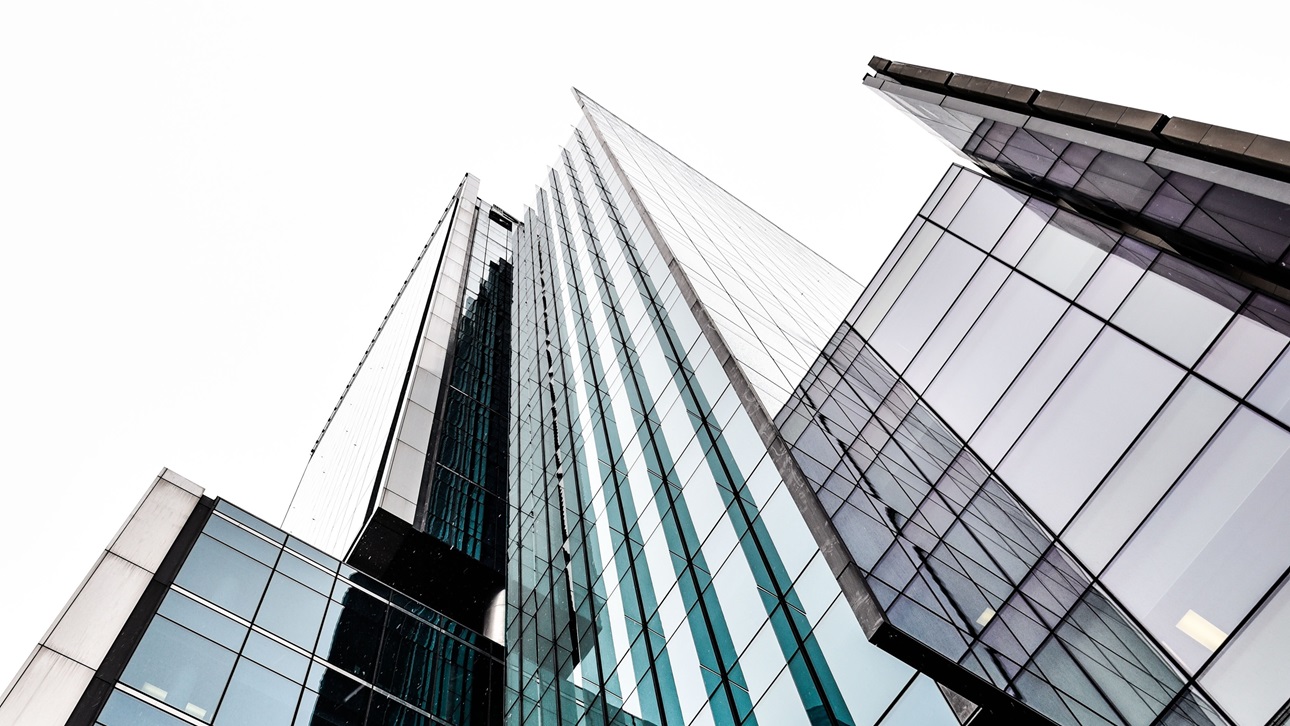- English
- 中文 (Chinese)
- Français (French)
- Deutsch (German)
- 日本語 (Japanese)
- Español (Spanish)
ULI Louisiana: Plank Road - Überwindung der digitalen Kluft

Der Plank Road Corridor in Baton Rouge, der Hauptstadt von Louisiana, ist einer der am stärksten desinvestierten und wirtschaftlich benachteiligten Korridore des Bundesstaates - mit einem mittleren Haushaltseinkommen und Immobilienwerten, die etwa der Hälfte des landesweiten Durchschnitts entsprechen. Vierzig Prozent der Haushalte haben kein Internetabonnement oder einen mobilen Datentarif, und zweiundzwanzig Prozent der Erwachsenen haben noch nie einen Artikel über das Internet gekauft. Diese Ungleichheit in der digitalen Kluft muss als eine Frage der Gerechtigkeit angegangen werden. Damit eine Gemeinschaft des 21. Jahrhunderts florieren kann, ist Breitband eine Notwendigkeit und kein Luxus. Es ist erwiesen, dass der Zugang zu einem zuverlässigen Internet die Kommunikation und die Verbindungen verbessert und dass der Zugang zu einem qualitativ hochwertigen Internet erhebliche wirtschaftliche Vorteile für Unternehmen, den Handel, die Wissenschaft und das tägliche Leben mit sich bringt. Für jeden in den Breitbandzugang investierten Dollar gibt es einen bestimmten wirtschaftlichen Multiplikator. In Baton Rouge war der fehlende Breitbandzugang in bestimmten Teilen der Stadt schon vor Covid-19 ein Problem. Als die Abhängigkeit von Online-Kommunikation und virtuellem Lernen während der Pandemie drastisch zunahm, wurde die digitale Kluft noch weiter verschärft.
Um herauszufinden, wie der Breitband-Internetzugang in Baton Rouge bereitgestellt werden könnte, erklärte sich ULI Louisiana bereit, eine Gremium für technische Unterstützung (TAP) für Plank Road durchzuführen: Bridging the Digital Divide. Eine Gruppe von sechs Experten diskutierte am 21. und 22. Oktober 2021 in der Delmont Gardens Branch Library. Zu den Diskussionsteilnehmern gehörten Immobilienentwickler, Gemeindeentwickler, Landschaftsarchitekten und Flächennutzungsspezialisten. Gemeinsam bewerteten sie alle verfügbaren qualitativen und quantitativen Informationen im Zusammenhang mit der Vision und der Bedarfserklärung. Zu den wichtigsten Empfehlungen gehören die folgenden: 1) Entwicklung des Plank Road Innovation Corridor 2) Bildung der Plank Road Broadband Working Group 3) Einbindung der Gemeinschaft 4) Identifizierung und Verfolgung von Finanzierungsquellen.
Zusammenfassung des Berichts: Der Plank Road Corridor in Baton Rouge, der Hauptstadt von Louisiana, ist einer der am stärksten desinvestierten und wirtschaftlich benachteiligten Korridore des Bundesstaates - mit einem mittleren Haushaltseinkommen und Immobilienwerten, die etwa der Hälfte des landesweiten Durchschnitts entsprechen. Vierzig Prozent der Haushalte haben kein Internetabonnement oder einen mobilen Datentarif, und zweiundzwanzig Prozent der Erwachsenen haben noch nie einen Artikel über das Internet gekauft. Diese Ungleichheit in der digitalen Kluft muss als eine Frage der Gerechtigkeit angegangen werden. Damit eine Gemeinschaft des 21. Jahrhunderts florieren kann, ist Breitband eine Notwendigkeit und kein Luxus. Es ist erwiesen, dass der Zugang zu einem zuverlässigen Internet die Kommunikation und die Verbindungen verbessert und dass der Zugang zu einem qualitativ hochwertigen Internet erhebliche wirtschaftliche Vorteile für Unternehmen, den Handel, die Wissenschaft und das tägliche Leben mit sich bringt. Für jeden in den Breitbandzugang investierten Dollar gibt es einen bestimmten wirtschaftlichen Multiplikator. In Baton Rouge war der fehlende Breitbandzugang in bestimmten Teilen der Stadt schon vor Covid-19 ein Problem. Als die Abhängigkeit von Online-Kommunikation und virtuellem Lernen während der Pandemie drastisch zunahm, wurde die digitale Kluft noch weiter verschärft.
Um herauszufinden, wie der Breitband-Internetzugang in Baton Rouge bereitgestellt werden könnte, erklärte sich ULI Louisiana bereit, eine Gremium für technische Unterstützung (TAP) für Plank Road durchzuführen: Bridging the Digital Divide. Eine Gruppe von sechs Experten diskutierte am 21. und 22. Oktober 2021 in der Delmont Gardens Branch Library. Zu den Diskussionsteilnehmern gehörten Immobilienentwickler, Gemeindeentwickler, Landschaftsarchitekten und Flächennutzungsspezialisten. Gemeinsam bewerteten sie alle verfügbaren qualitativen und quantitativen Informationen im Zusammenhang mit der Vision und der Bedarfserklärung. Zu den wichtigsten Empfehlungen gehören die folgenden: 1) Entwicklung des Plank Road Innovation Corridor 2) Bildung der Plank Road Broadband Working Group 3) Einbindung der Gemeinschaft 4) Identifizierung und Verfolgung von Finanzierungsquellen.


